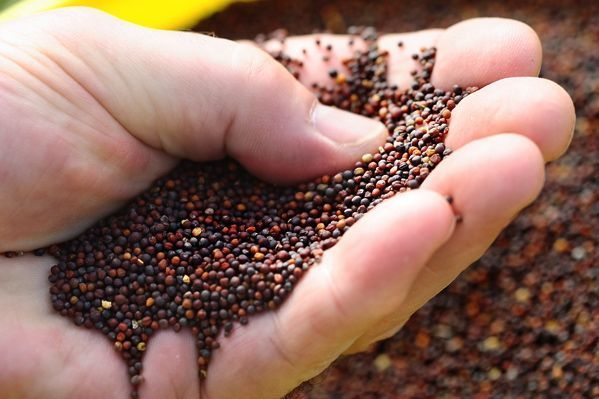Ottawa | Reuters — Canada is urging the Chinese government to stick to scientific facts in decisions on trade as Beijing plans to toughen its standard on Canadian canola shipments, federal Agriculture Minister Lawrence MacAulay said Thursday.
China’s quarantine authority, AQSIQ, notified the Canadian Food Inspection Agency last month that it would allow no more than one per cent foreign material, called dockage, in canola shipments starting April 1. The current allowable range is two per cent to 2.5 per cent.
Exporters say the new standard by Canada’s biggest canola export market will be difficult and costly to meet.
Read Also

U.S. livestock: Feeder cattle hit contract highs on tight supply
Chicago | Reuters – All Chicago Mercantile Exchange feeder cattle futures and most live cattle futures hit contract highs on…
“I understand fully. It’s worth $2 billion in canola trade to China,” MacAulay told Reuters. “All our trading partners, we want to make sure the decisions they make are science-based decisions.
“Hopefully, it will be resolved.”
Industry group the Canola Council of Canada has said the dispute is over differing views about the risk of transmitting to Chinese fields the common fungus blackleg, through dockage.
Some traders in both countries say the real issue is that China has ample stocks of rapeseed oil and wants to slow imports.
The countries have collaborated for years on research of blackleg, after China raised concerns in 2009.
No Canadian minister has yet discussed the issue with a Chinese counterpart, MacAulay said, adding that communication is between CFIA and AQSIQ officials.
“I would think it would be up to Minister MacAulay to get on the phone or work with the ambassador, or something,” said Conservative MP Gerry Ritz, the previous agriculture minister. “I just find that ridiculous.”
Ritz said China had in the past limited imports through such measures when it had large supplies.
— Rod Nickel is a Reuters correspondent covering the agriculture and mining sectors, based in Winnipeg.
















